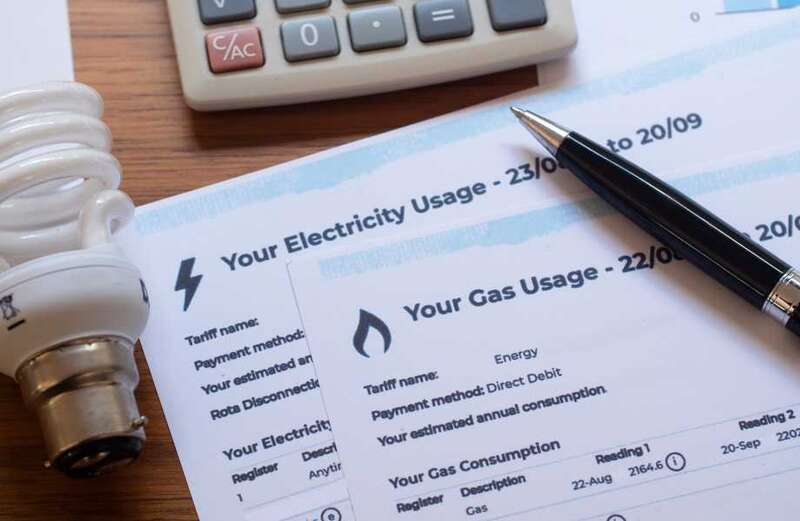HOUSEHOLDS could be in line to get energy rebates as £9billion is being held in customer accounts.
If you're "in credit" with your supplier, it means you are owed money - and you can apply for a refund from your supplier.

It usually happens when you pay for your energy bill via a fixed direct debit.
This is when your supplier estimates how much energy you'll use over 12 months and splits your monthly payments equally across the year.
But you could be using less energy than what you're paying for if you've slashed your usage in attempt to save on bills.
 Millions of Android owners could slash 'vampire bills' – how to save money
Millions of Android owners could slash 'vampire bills' – how to save money
According to an investigation by The Telegraph, energy companies were sitting on £9.013 billion of customers' cash as of the end of November last year.
Ofgem said suppliers help customers to build up a credit balance through "pricey winter months".
But it said customers can "always request their balance back at any time".
A spokesperson said: "This information today is recorded at the very peak of that activity- ultimately helping customers manage bills."
It means thousands could be in line for a rebate from their energy company if they are in credit and apply for a refund.
But beware that if you claim all your credit back you could end up with a big bill later on
We explain how to apply for a credit refund from your supplier.
How can I claim a credit refund?
Your supplier can refund any money owed to you at the end of the year, or reduce your direct debit payments, if you're account is in credit.
But this does not always happen.
Last December, suppliers were accused of hiking customers' direct debits, even though they were in credit.
 Six savings challenges to take in 2023 - how you could save thousands
Six savings challenges to take in 2023 - how you could save thousands
You can make a request for a refund at any time if your account is in credit.
To apply for a credit refund, contact your supplier and say how much you want refunded back to you.
Some experts recommend keeping some of your credit so your bills don't go up in the winter when you use more energy.
You will need to supply an up-to-date meter reading to your supplier.
Bear in mind that your supplier may not approve your refund if there's a good reason not to.
This could be because you only have a small amount of credit during summer, which you'll need for higher bills in the winter.
But your supplier must explain the reason why your application for a refund has been denied.
Ofgem can fine suppliers if they don't.
What happens if I'm struggling to get a credit refund?
If you're struggling to get a refund from your supplier, there are steps you can take.
You might be expecting a credit if your supplier went bust, and you've been switched over to a new company.
For example, last year, thousands were still waiting for a refund months after their supplier collapsed.
While Ofgem previously admitted that millions of pounds worth of credit has disappeared following the collapse of 29 firms.
The Sun has also spoken to readers struggling to get a credit refund too - one reader was owed £8,000 from Shell.
Ofgem says suppliers must refund customers promptly.
If you’ve switched suppliers, your old one has six weeks from when the switch was completed to send a final bill, after which they have ten days to dish out refunds.
If you've been left waiting for your refund, complain to your energy supplier.
If you're still struggling, go to the energy ombudsman, who can help resolve the case.



































